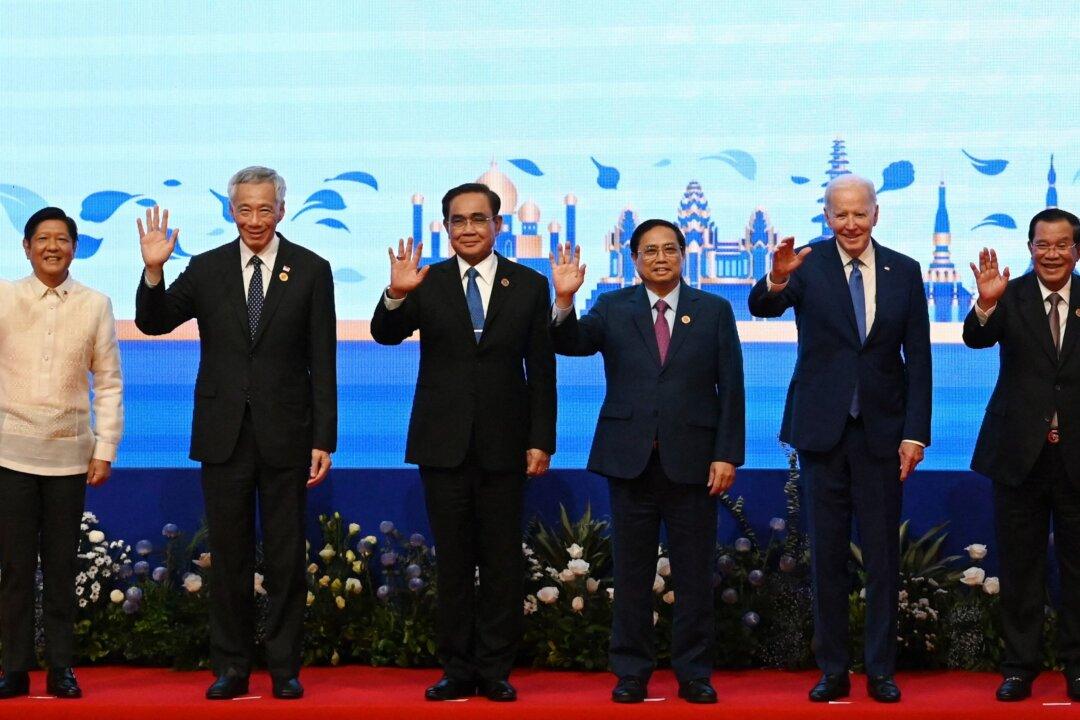On Friday, leaders of the Association of Southeast Asian Nations (ASEAN)’s member states provided a statement announcing “in-principle” support for Timor-Leste to be admitted as its 11th member. So does this mean Timor-Leste’s long wait to become a member of ASEAN is finally over? The short answer is not quite.
It is a positive development that all 10 ASEAN states - Cambodia (current ASEAN chair), Indonesia, Singapore, Brunei, Malaysia, Thailand, Myanmar, Philippines, Laos and Vietnam - appear to have agreed to the move. However, the statement was unclear about when and how Timor-Leste would achieve full membership.





